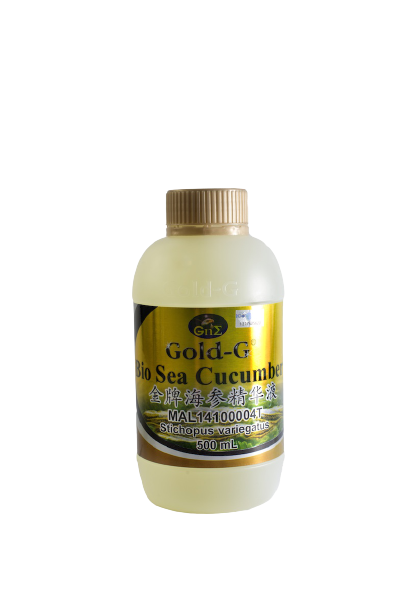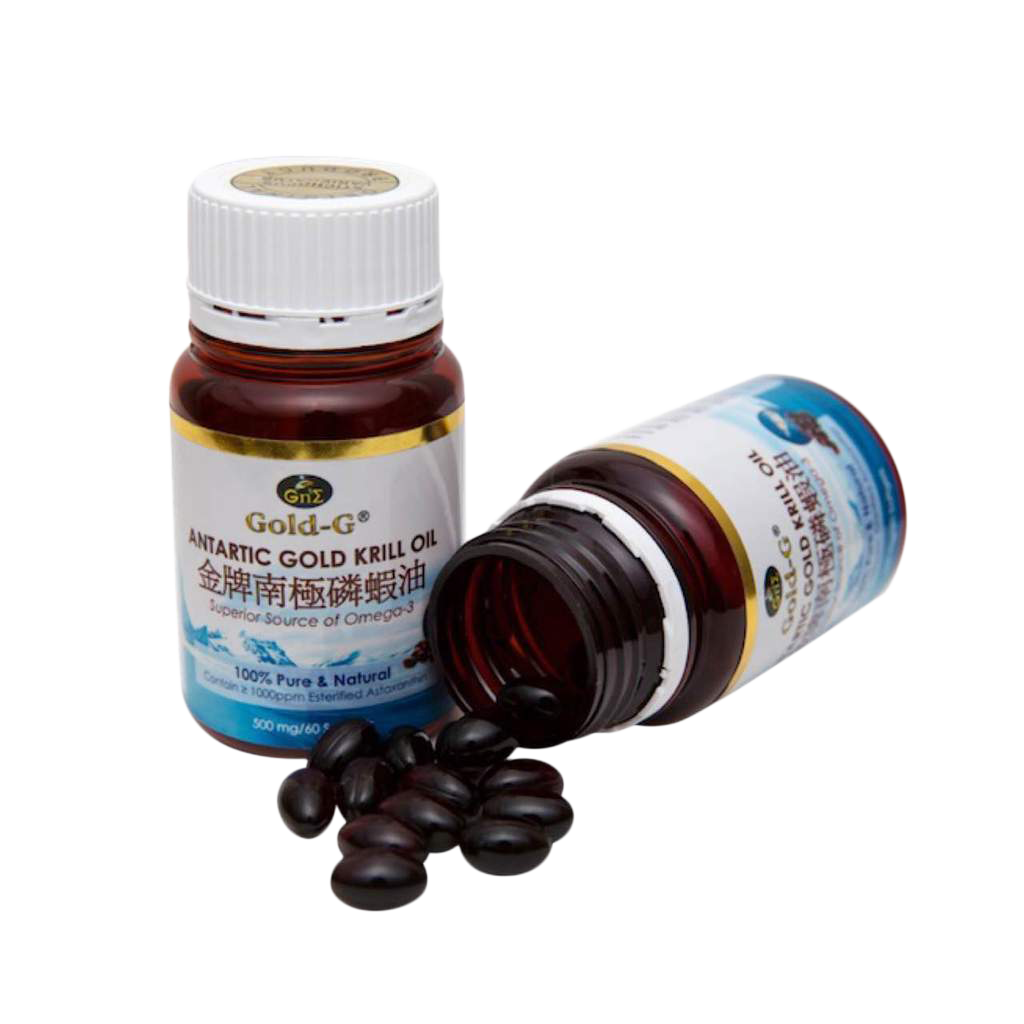Ramadan falls on the ninth month of Islamic lunar calendar, is the holiest Islamic month as Ramadan is the month where the revelation of the Quran to Prophet Muhammad occurred. Every year during Ramadan, Muslims will fast from dawn to dusk, whereby they only consume 2 meals every day, which is “Suhoor” (a.k.a. sahur), the meal before sunrise, and “Iftar”, the meal after sunset. According to Islamic law, all Muslim adults are expected to fast, but there are exemptions for elderly, sick and illness, traveling, women who are menstruating, breastfeeding, and pregnant; while children below 12 years old are exempted from fasting and expected to fast after reached puberty. Ramadan fasting is one of the five pillars of Islam, but Ramadan is more than abstaining from foods and drinks, where it is also the period of introspection and self-restraint for all Muslim.
Healthy eating tips during Ramadan:
- Keep your body hydrated. Ensure you have enough water intake every day to prevent dehydration. You may drink 2 glasses of plain water while breaking fast, drink 2-3 glasses of water before bedtime, 2-3 glasses of water during Suhoor. In order to reduce water loss from the body, you should avoid or limit the intake of caffeinated or sugary beverages, such as coffee, tea (include green tea and black), energy drink, soda, etc. Both sugary and caffeinated drinks have diuretic effect, which can increase water loss through urination.
- Consume balanced diet. A balanced diet should consist of carbohydrates, proteins, fibers, vitamins, minerals, and fats. Fill up half of your serving plate with variety of vegetables, one quarter of meat, fish, egg, or tofu as your protein source, and one quarter of whole grains such as brown rice, pasta, wheat noodles, oats, quinoa, whole grain bread, etc. You may include fruits (fresh fruits, pure fruit juice, or dried fruit) in your meal, or eating fruits as appetizer.
- Avoid overeating. Fasting is one of the factors that contribute to overeating, where it is a common situation that people will prepare a lot of foods for breaking fast and might eat more than usual. Fasting causes decrease in gastric acid secretion, while consumption of food will stimulate the production of gastric acid. Overeating can lead to overstimulating production of gastric acid, which might affect health and cause digestive problems. Hence, it is recommended to eat and chew slowly while breaking fast, and is better to start with a light meal, such as dates (a.k.a. date palm, kurma), fresh fruit or pure fruit juice.
- Limit sugary food and beverage intake. Fasting is not only reduce the gastric acid secretion, it is also reducing the insulin secretion. Consuming food after whole day fasting causes blood glucose level spike up and stimulate normal insulin secretion, while over-consumption of added sugar might lead to insulin resistance which will increase the risk of diabetes. Hence, limit the consumption of sugary food such as cookies, cakes, pastries, kuih, waffles, etc. Also, avoid or reduce the amount of sugar to be added into your food or beverages. You may replace sugar with natural sweetener, such as stevia, raw honey, monk fruit, maple syrup, and coconut sugar.
- Adequate rest and sleep. Ramadan fasting may cause tiredness and lack of energy throughout the day, which may also affect the daily performance. Have a regular bed and wake time is one of the ways to train your body to sleep well and get adapted to Ramadan. Avoid artificial light, electronic devices and entertainment at night especially the time you prepare to sleep. Keep your electronic devices such as smartphone, laptop, and tablets out of the bedroom, and make your bedroom dark, quiet and comfortable allow you to fall asleep more quickly and increase your sleep duration.
Why do people consume dates during lftar?
Dates (Kurma) are the popular staple food for Muslim during Ramadan. Normally, they will consume odd numbers of dates at Iftar for breaking the fast. Consume both dried and fresh dates for breaking fast is the practice recommended by Prophet Muhammad, where he believed devils will feel discomfort when individual lived long enough to be able to consume both dried and fresh version of fruits.
Dates are nutritious and delicious light starter during Ramadan. Dates contain high percentage of carbohydrates, about 44-88% total sugar content, 0.2-0.5% of fat, 2.3-5.6% of proteins, 6.4-11.5% of dietary fiber, and are the good source of minerals and vitamins, including iron, potassium, magnesium, calcium, phosphorus, thiamine, biotin, folic acid and ascorbic acid.
There are several health benefits you may gained by consuming dates, such as improve digestive system, maintain healthy nervous system, lower blood cholesterol, reduce risk of stroke, and good for constipation, anemia and bone problems.
According to Holy Quran, the fruits like dates, olives, pomegranate, banana, fig, and grapes, are gifts and heavenly fruits of God. These fruits are also known to be the medicinal fruits that are highly nutritious and provide various health benefits.
Besides consuming fruits, Quran also praised honey as the miraculous source of healing and is a powerful medicinal food. Honey is not only a powerful wound healing agent, it is also beneficial for treating burns, inflammation, fight infections, improve digestive problems include constipation and ulcer, etc.
Consuming these healthy foods frequently are beneficial for maintaining body health. Hence, do practice healthy eating habits during this Ramadan and keep this good habit every day.
Gold-G® Gold Tualang Honey
Tualang honey is raw honey harvested from Malaysia’s tropical rainforest. It is 100% pure and natural without undergo any additional treatment, hence it retained natural friendly bacteria, propolis, pollen grains, phytonutrients, phenolic acids, and flavonoids. Besides natural taste and aroma, Tualang honey has higher nutritional value and stronger therapeutic effects than processed honey!
Gold-G® Bio Sea Cucumber
Gold-G® Bio Sea Cucumber is one of the best natural health food products, which contained 25% Stichopus variegatus extract. Sea cucumber is rich in pharmacologically active components such as amino acids, collagen, saponins, mucopolysaccharides, glucosamine, chondroitin, and etc. These active components bring many health benefits and nutritional values for health maintenance.
Click the link below for direct purchase.
References
- Rafie C. and Sohail M., (2016). Fasting During Ramadan: Nutrition and Health Impacts and Food Safety Recommendations. Virginia Cooperative Extension, 10 pages. Available at: https://pdfs.semanticscholar.org/585b/b8ac35fe59aefb74e3bf02ab77800d8184f5.pdf [Accessed 29/4/2019].
- Abdul Razak Z., Wahab S., and Abd. Kasim Y.A., (2014). Tips For Ramadan [online]. MyHealth Ministry of Health Malaysia. Available at: http://www.myhealth.gov.my/en/tips-for-ramadan/ [Accessed 29/4/2019].
- Ekrem B.E., (2016). Dates: The sacred fruit during Ramadan [online]. Daily Sabah. Available at: https://www.dailysabah.com/feature/2016/06/10/dates-the-sacred-fruit-during-ramadan [Accessed 30/4/2019].
- Science Section Staff, (2019). Ramadan: Dates for breaking your fast [online]. About Islam. Available at: http://aboutislam.net/science/faith-science/ramadan-dates-for-breaking-your-fast/ [Accessed 30/4/2019].
- Farhangi H., Ajilian M., Saeidi M., and Khodaei G.H., (2014). Medicinal Fruits in Holy Quran. International Journal of Pediatrics (Supplement 4), 2(3-2), pp 89–102. Available at: http://ijp.mums.ac.ir/article_3461_f3d52c77bcdf325842a9c01c60d329cc.pdf [Accessed 3/5/2019].
- Purbafrani A., Hashemi S.A.G., Bayyenat S., Moghaddam, H.T., and Saeidi M., (2014). The Benefits of Honey in Holy Quran. International Journal of Pediatrics (Supplement 5), 2(3-3), pp 67–73. Available at: http://ijp.mums.ac.ir/article_3417_7b73b0cd46a86c1400eaeb1adbf093f6.pdf [Accessed 3/5/2019].







